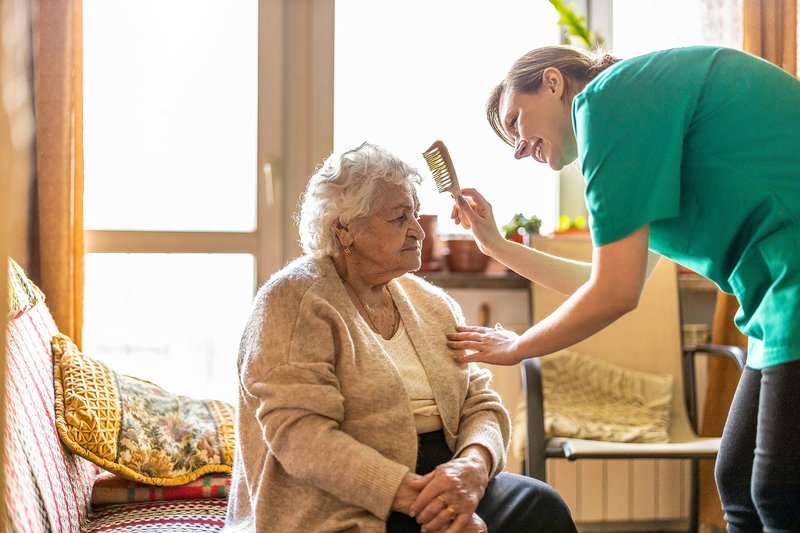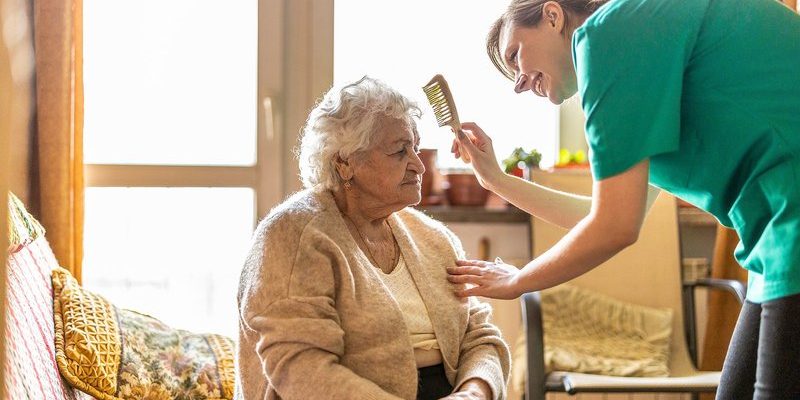
Maine Coons have some unique needs due to their size and fluffy coats. They require a bit of extra attention, but don’t worry! Once you understand their grooming, dietary, and environmental needs, you’ll see it’s not as intimidating as it sounds. So, whether you’re a proud Maine Coon parent or just thinking about adopting, this guide will help you create a comfy home for your furry friend.
Grooming Your Maine Coon: The Basics
Grooming your Maine Coon is essential, and it’s more than just a beauty routine. These cats have thick, water-repellent fur that can easily mat if not cared for properly. Regular brushing will help keep their coat smooth and reduce shedding. Aim to brush your Maine Coon at least two to three times a week. Daily grooming is even better, especially during shedding seasons.
Let’s break down the essentials of grooming:
- Choose the right tools: A wide-toothed comb, a slicker brush, and a grooming glove work wonders on their fur.
- Start slowly: If your cat is not used to being brushed, take your time. Begin by letting them sniff the brush, then gently stroke their back.
- Check for mats: Pay extra attention to areas like behind the ears and under the arms, where mats can form. Use your fingers or a comb to carefully detangle.
Remember, grooming isn’t just about looks; it’s also about bonding with your pet. As you brush them, talk softly and offer treats. This can make the experience enjoyable for both of you.
Feeding Your Maine Coon: What to Know
Feeding a Maine Coon isn’t just about putting food in a bowl. It’s about giving them a balanced diet that supports their growth and energy needs. These cats are larger than average, so they often require more nutrients. Look for high-quality food specifically formulated for larger breeds.
Here’s what to consider when feeding your Maine Coon:
- High protein content: Maine Coons thrive on protein. Look for food with real meat as the first ingredient. This will help maintain muscle mass and provide energy.
- Wet vs. dry food: You can offer a mix of wet and dry food. Wet food helps with hydration, while dry food can support dental health.
- Portion control: Follow the feeding guidelines on the food packaging, but adjust portions based on your cat’s activity level and weight.
You might be wondering about treats. While it’s okay to give your Maine Coon the occasional treat, be mindful not to overdo it. Too many treats can lead to obesity, which is common in Maine Coons. Just like us, a healthy diet is key to avoiding health issues.
Creating a Comfortable Environment
Your Maine Coon’s environment plays a crucial role in their well-being. They’re social creatures and love to be part of the action. However, they also enjoy their quiet time. Creating the perfect balance in their space will keep them happy and entertained.
Here are some tips for setting up a cozy cat-friendly environment:
- Space to roam: Maine Coons are big cats, so they need room to move. Ensure your home isn’t cluttered and has plenty of space for them to explore.
- Climbing options: Invest in cat trees or shelves. Maine Coons love to climb and perch up high, where they can survey their kingdom.
- Comfortable resting spots: Provide cozy beds or blankets in quiet corners. This will give them a safe space to retreat when they want some alone time.
Keeping the environment stimulating is just as important. Consider puzzle toys or interactive games to engage your cat’s natural hunting instincts. It’ll keep them entertained and mentally sharp.
Maintaining Dental Health
You might not think about it immediately, but dental health is just as important as grooming and feeding. Maine Coons can be prone to dental issues if their teeth aren’t taken care of properly. Here’s how to keep those pearly whites shining:
- Regular brushing: If your cat tolerates it, try brushing their teeth a few times a week. Use toothpaste made for cats—it’s safe and comes in flavors they might enjoy!
- Dental treats: There are specially formulated treats that help reduce plaque and tartar buildup. Just make sure they’re designed for dental health.
- Veterinary check-ups: Schedule regular vet visits to check on your Maine Coon’s teeth and gums. Early detection is key in preventing bigger issues.
By prioritizing your Maine Coon’s dental care, you’ll help them avoid pain and keep their smiles beautiful for years to come.
Keeping Your Maine Coon Active and Engaged
Maine Coons are playful and energetic, so keeping them active is essential. Think of them as big, fluffy athletes who love to play games. Lack of stimulation can lead to boredom, which can manifest in undesirable behaviors like scratching or knocking things over.
Here are some fun ways to engage your Maine Coon:
- Interactive toys: Toys that mimic prey, like feather wands or laser pointers, can spark your cat’s hunting instincts. Spend time playing with them; it’s a great bonding experience!
- Hide-and-seek: Hide treats around the house and encourage your Maine Coon to sniff them out. It combines their love for food and their playful nature.
- Cat training: Believe it or not, Maine Coons can learn tricks! Training them with clickers can be a fun, rewarding experience for both of you.
Remember, a tired cat is a happy cat. Regular exercise will keep your Maine Coon physically fit and mentally sharp.
Understanding Maine Coon Behavior
Maine Coons are known for their quirky personalities. They can be affectionate, playful, and sometimes, downright silly! Understanding their behavior helps build a stronger bond. Here are some common traits to watch for:
- Vocalization: Maine Coons are chatty cats! They have a unique chirp that many owners find adorable. Don’t be surprised if they “talk” back to you.
- Affectionate nature: These cats often follow their owners around and enjoy being part of family activities. Expect lots of cuddles and head-butts!
- Playfulness: Even as adults, Maine Coons love to play. Keep various toys handy to keep their playful spirit alive.
Understanding these behaviors will help you connect with your Maine Coon. They thrive on companionship, so spending quality time together is essential.
Regular Health Check-ups
Just like us, Maine Coons need regular check-ups to stay healthy. Routine vet visits can help catch any potential issues before they become serious. Here are some reasons why these check-ups are vital:
- Preventative care: Regular examinations can catch diseases early. Your vet can also provide vaccinations and discuss appropriate diet and weight management.
- Dental care: As mentioned earlier, your vet can help check on your Maine Coon’s dental health. They might recommend professional cleanings if needed.
- Behavior advice: If you notice any behavioral changes, your vet can provide insight and support to help you address them.
By being proactive about your Maine Coon’s health, you’re ensuring they live a long and happy life.
In summary, caring for a Maine Coon cat involves a blend of grooming, feeding, and creating a comfortable environment. With the right tools and approaches in place, you’ll build a loving relationship with your furry friend that lasts for years. Embrace the unique nature of your Maine Coon, and you’ll find joy in their companionship each day.

